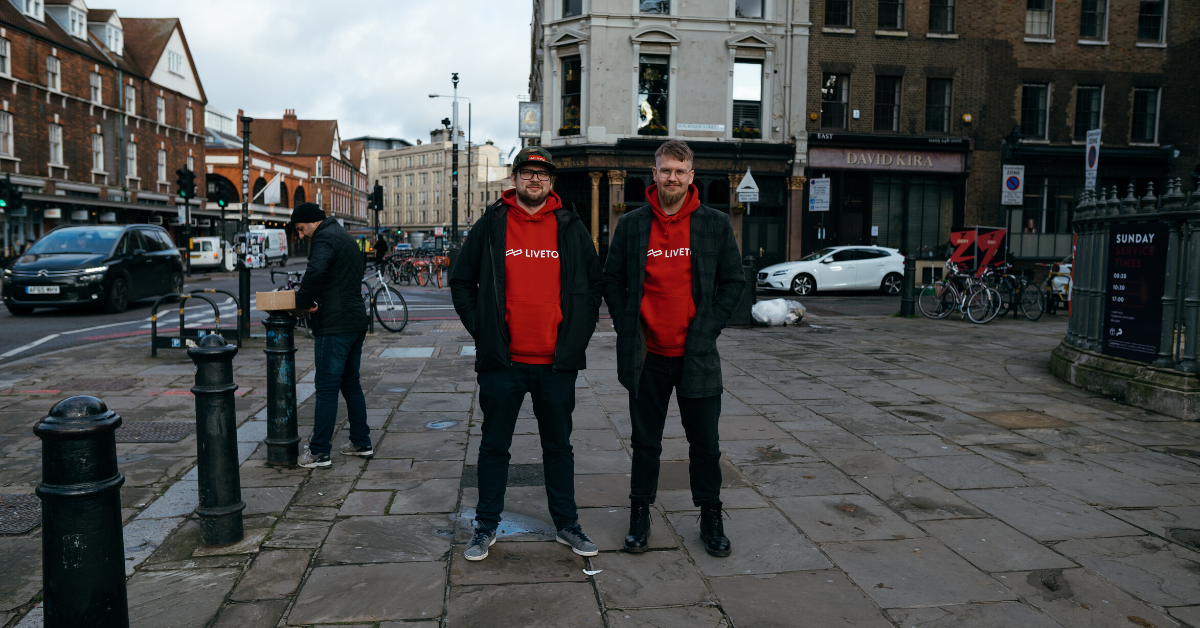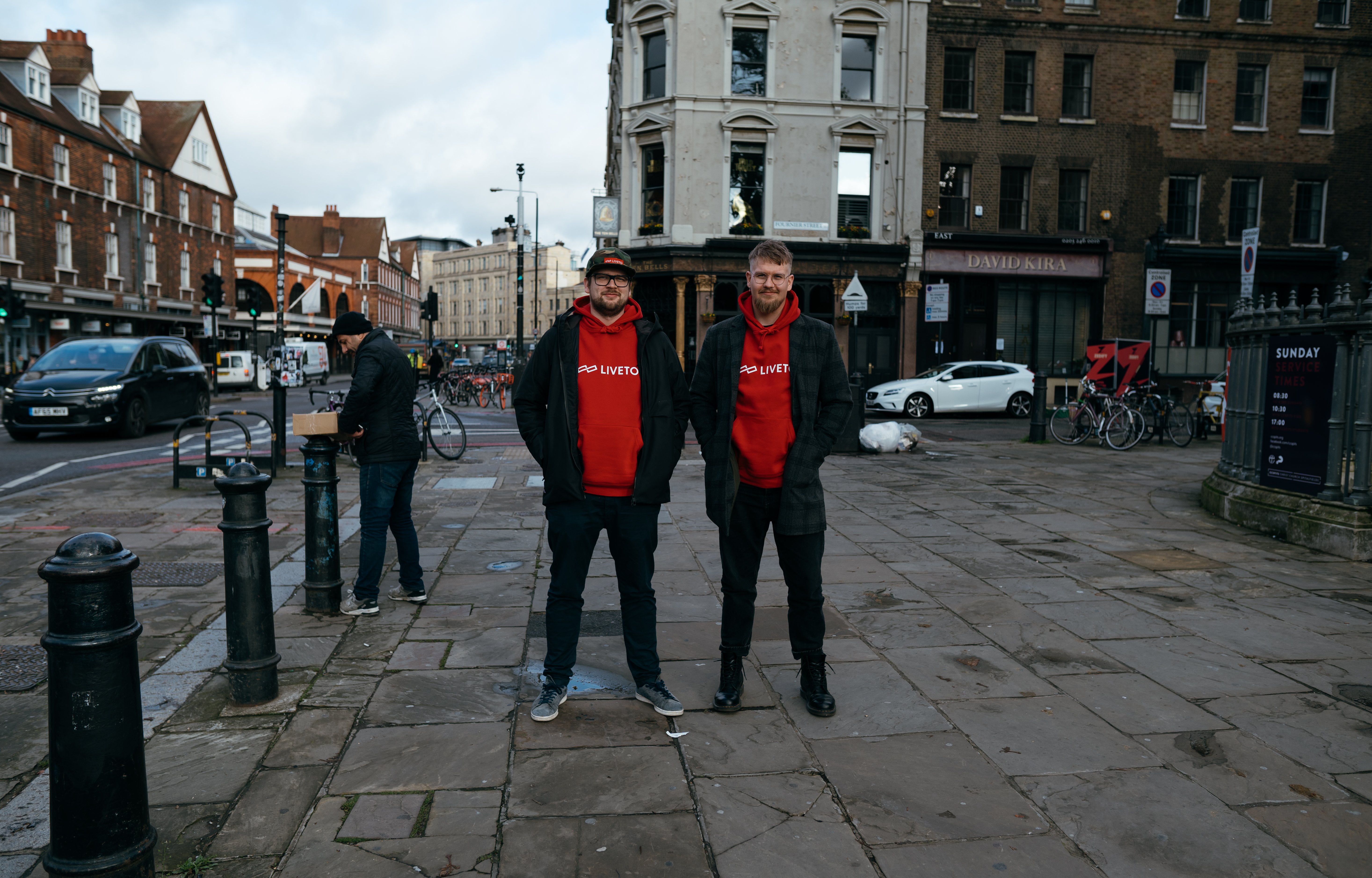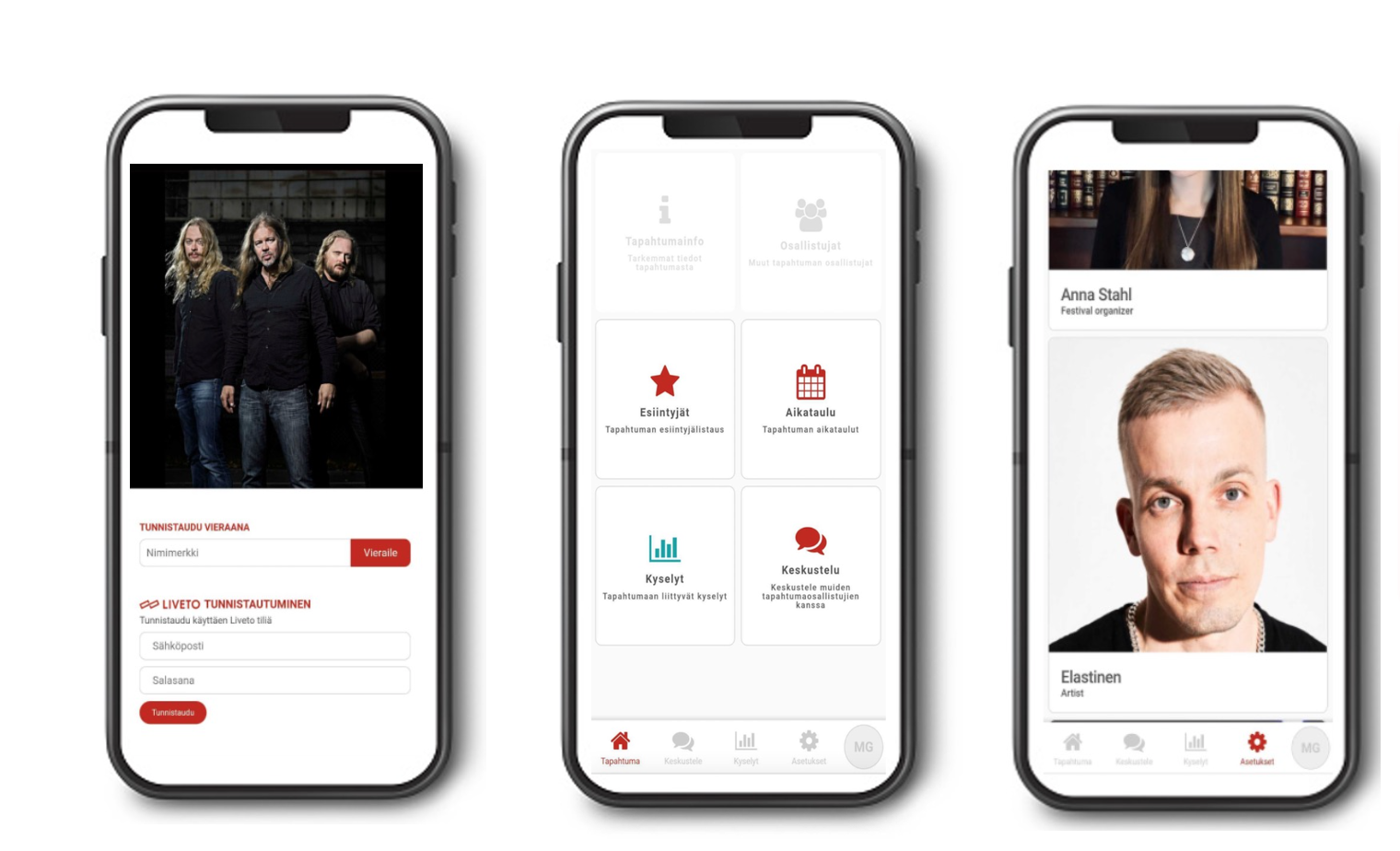Utilizing Event App at Live Events
It is expected that in spring and summer of 2022 the event restrictions will lighten and the live events will start to attract people again. In the...

Just like in every business, also events need technology. In constantly changing event industry, events need to able to react in the needs of the audience. One reason why event management platforms are so important today is that these platforms control how your audience gets involved in your event throughout the entire process. It can be sales platform, management platform or so-called 360-model.
Liveto visited Event Tech Live 2019 in London to catch up with the latest technology in event industry, meeting local event organizers and event tech suppliers. Inspirated of the event, we collected 7 things to consider when choosing your event platforms:

Learn more about our solutions for ticketing and for webinars.

It is expected that in spring and summer of 2022 the event restrictions will lighten and the live events will start to attract people again. In the...

Event pricing is a crucial element of the event organization process that has a significant impact on its success. If the ticket price is too low or...

While some industries such as restaurants and retail stores slowly return to regular life, the future of the event industry remains uncertain. More...